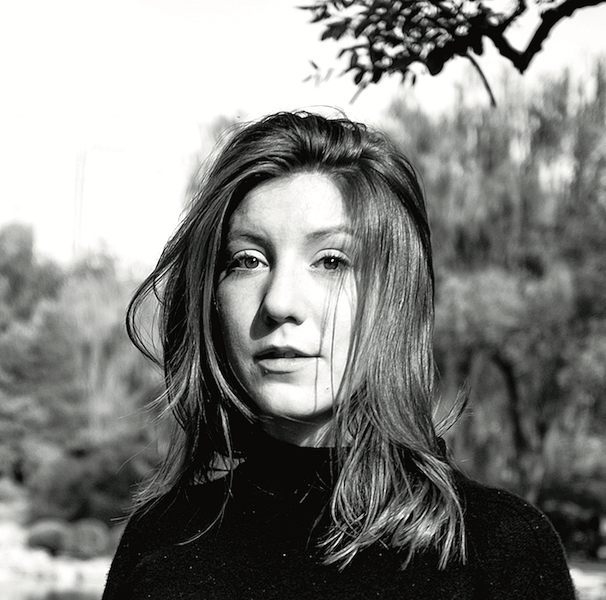Journalist Kim Wall ’13JRN, ’15SIPA was known for her curiosity, mischievous wit, and propensity to pursue offbeat stories that followed what she called “the undercurrents of rebellion.” Her stories for publications such as the Guardian, Harper’s, and the Atlantic covered a broad range of topics: leaking radioactive waste in the Marshall Islands, the ethical pitfalls of tourism in North Korea, the propagation of pop culture in Cuba. Her brand of journalism — which combined, as she liked to say, “shoe-leather reporting with a foreign-policy lens” — probed corners of the world that had been overlooked and gave voice to those who might otherwise have remained silent.
Wall was killed in August at the age of thirty while working on a story about Peter Madsen, a Danish inventor who had crowdfunded and built a minisubmarine. Mystery shrouds the exact circumstances of her death. Wall boarded the submarine for a short voyage. Then the sub sank and Madsen was rescued at sea. More than a week later, Wall’s body was found in a bay near Copenhagen. Madsen has been charged with her murder.
In October, Wall’s family, friends, and colleagues gathered at the Graduate School of Journalism to remember the talented young reporter. “Humanity needs more courageous women like Kim — women who want and dare to give their voices to the weak ones and make this planet a better place to live,” Wall’s mother, Ingrid Wall, said. To honor their daughter, the family has raised more than $100,000 to establish a grant fund through the International Women’s Media Foundation. The grant will be offered to female journalists covering the same “undercurrents of rebellion” that drove Wall as a storyteller.
The journalism school has also created a Kim Wall Scholarship Fund, for which it is accepting donations. Dean Steve Coll says he is seeking an endowment for the fund so that it might be offered in perpetuity. Contributions may be made online at journalism.givenow.columbia.edu.



